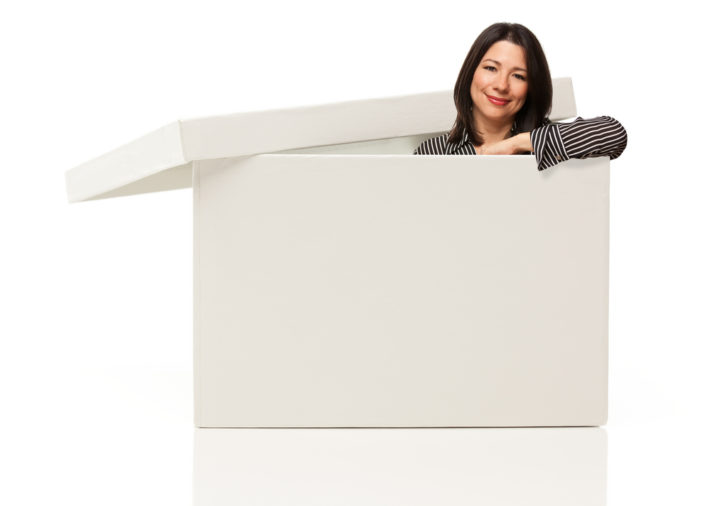
11
Feb
no Comments
Perimenopause happens soon after 40. And the “Oh No, Four O” for many is the beginning of personal issues such as food addiction, unhappy relationships, workaholism, getting over stress, over anxious, or overweight.
Have these internalized beliefs left you worried about whether or not you will remain healthy, desirable, lovable, or employable? Do you feel immobilized and stuck or feel your vitality and health slipping away?
It doesn’t have to be that way. It does require some reframing of your beliefs to realize you do have more control than you think. Here are my 7 steps to a healthier, happier Perimenopause.
-
- Permission: Step 1 is one of the most challenging. Henry Ford once said, “whether you think you can or you think you can’t, your right.” What beliefs immobilize you? Why? It is said that people who live in the past feel depressed and those who live in the future feel anxious. What can you do to live in the present – to experience this moment as joyous? Visualize where you want to be or what you want to happen and move towards that place. Once you give yourself permission, freedom becomes possible.
- Associations: Dan Buettner, author of Blue Zones, found that people who socialize live longer, healthier lives. Whether you are spending time with friends or family or in a connected group such as your congregation or other social experience, doing so regularly helps provide beliefs, behaviors and perspectives that are liberating and that contribute to freedom, happiness and longevity.
- Stress Reduction: Stress has been around as long as people. A little of it can be helpful if you are about to give a speech, play a sport, or run out of a burning building. But chronic stress is responsible for up to 80 percent of primary care visits. Of those, only three percent actually receive stress management counseling. Stress and its sidekick, fear, can bind you in your current situation and prevent you from trying new things. The future can be brighter if you simply move toward the light. As Joseph Campbell said, “The cave you fear to enter holds the treasure you seek.” What are you avoiding that could set you free?
- Sleep More: We are a tired nation. 70 million adults don’t get the seven or more hours of sleep each night that their bodies need. That leads to poor memory, poor performance on the job, poor family dynamics, falling asleep at the wheel, obesity, diabetes, heart disease and more. It’s one of the commonest complaints of women as they transition into menopause. If you feel bad and sleepy, you are much less likely to risk doing or seeing things differently. You have to be alert to find and follow the path to new freedom.
- Organize: Are you surrounded by piles of work? No time to try different approaches? Organizing can change that. Clear the piles that clutter your home and office. You may find a letter offering you a new position or notes you took from me about taking the free MenopauseQuiz.com to discover how much your symptoms are affecting your life, or getting help with these symptoms by visiting MenopauseCoaching.com. Organizing your day with blocks of time to think of and try new things suddenly opens the door to opportunity.
- Vocalize: This word has at least two meanings: 1) Sing. It frees your spirit to move to a new place, and 2) Speak what is on your mind. Saying your fears out loud, verbalizing what you want to achieve or where you want to be makes it real and makes it possible.
- Exercise: There is very little more valuable use of your time than exercise. Exercise can lower mild to moderate depression, lower your risk of breast cancer or recurrence of breast cancer, lower your risk of heart disease, diabetes and high blood pressure. That’s pretty valuable. When you don’t exercise, energy can be lacking, and that can keep you from doing things that bring you joy. The trick is to make exercise a habit that you do every day. Start with just five minutes daily and work up to 30 or even 60 minutes daily. Your brain and body will work better and for longer.




